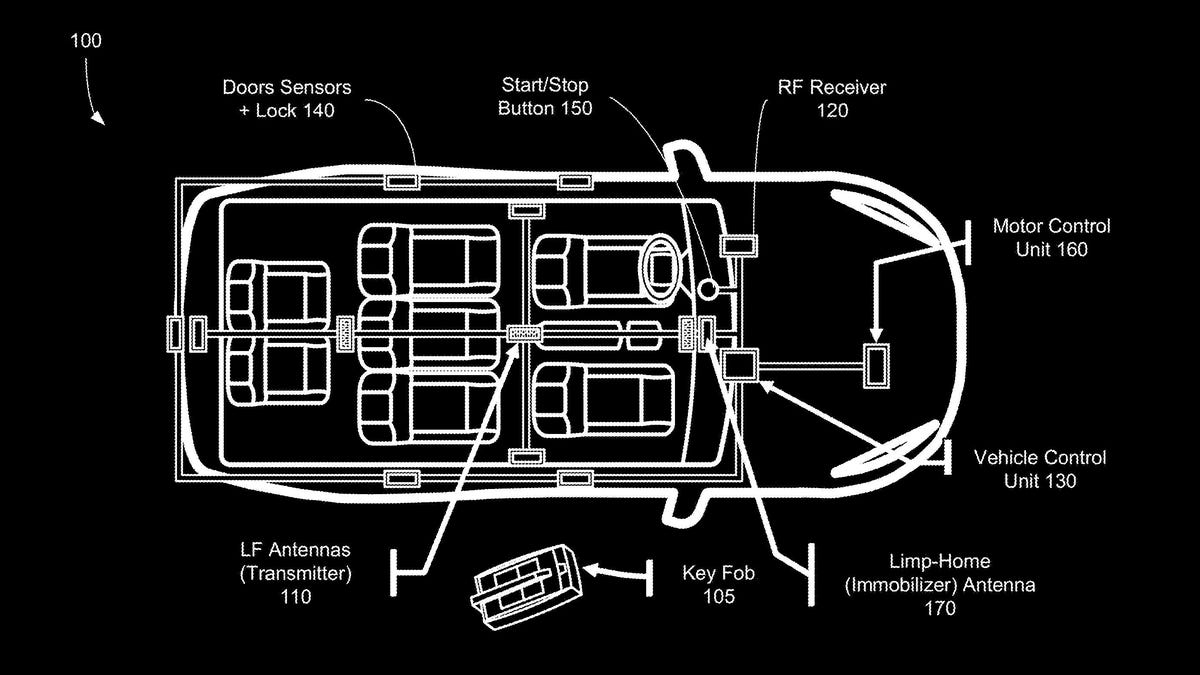Apple: iPhone feature needs your location even when you don't share it
Legal concerns mean iOS uses your location to determine if it must turn off Apple's Ultra Wideband feature.

Apple has patented the use of UWB, or ultra wideband, to recognize when you're approaching your car, to unlock its doors and govern when you can turn it on.
The iPhone will continue to assess your whereabouts even if you turn off location services, but in a limited capacity, Apple said Thursday. To comply with regulations that ban the use of the company's Ultra Wideband technology in certain countries, iOS will sense when phones are in restricted locations and turn off the feature.
iPhone software will process user location information on the device, and Apple won't collect or store the data, the company said.
"iOS uses Location Services to help determine if an iPhone is in these prohibited locations in order to disable ultra wideband and comply with regulations," an Apple spokesperson said in a statement.
The company's comments come after security expert Brian Krebs noticed that the software on an iPhone 11 Pro had continued accessing location data even after location services were disabled. After initially not detailing the reasons for accessing user location, Apple told Krebs and TechCrunch that the device needed the information to comply with Ultra Wideband regulations. Countries that ban the technology, which relies on radio frequencies, include Argentina, Paraguay and Indonesia. More than 185 countries do allow the technology, according to Apple.
Ultra Wideband itself is a feature that focuses on location. More accurate than GPS and faster than Bluetooth, it's meant to let you pinpoint the precise location of your phone or other objects. In the future, it could help you find your keys or automatically unlock your car when you approach it with your phone.
The feature is already built into the iPhone 11, but the full breadth of ways it could be used haven't yet become reality. Ultra Wideband could be compatible with a rumored product called Apple tags.

